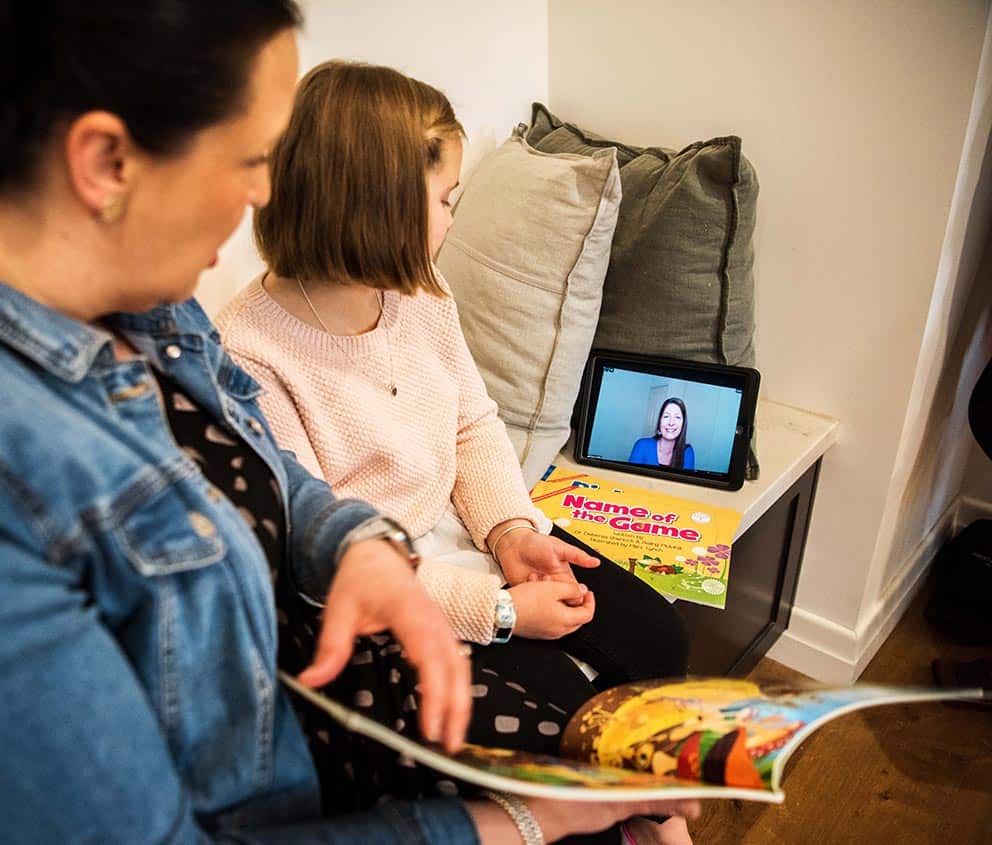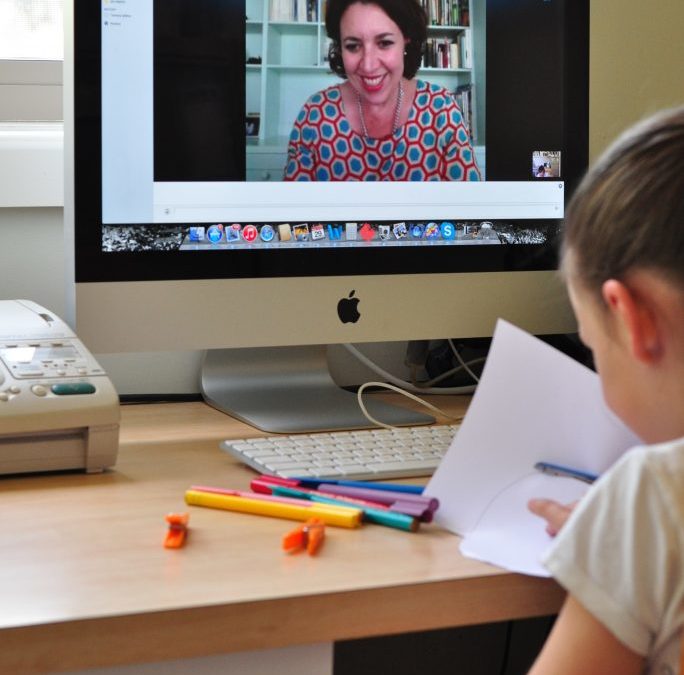Speech pathologists – sometimes referred to as speech therapists – are qualified health professionals who support people in developing and strengthening their communication skills in children and adults. Speech pathologists can also help with feeding and swallowing disorders.
People who might see a speech pathologist include:
- people who are having trouble communicating, or have speech that is difficult to understand
- people who have a developmental language disorder that affects their ability to talk and understand others
- people who communicate through alternative or augmentative communication (AAC) methods (for example, an electronic communication device, or communication board)
- neurodiverse people, such as those who are autistic
- people who are finding it hard to learn to read and spell
- people with hearing loss, and those who communicate with them
- people who stutter
- people with an acquired brain injury, for example, due to a car accident or stroke
- people with neurological conditions that increase over time, such as motor neurone disease, Parkinson’s or dementia
- people with communication or swallowing difficulties related to a mental illness
- people who have difficulty eating or drinking safely
Services of a Speech Pathologist
Speech pathologists provide a wide range of services far beyond treating “speech alone”.
Did you know that Speech Pathologists have specialised qualifications to both assess and support challenges with:
- Cognitive-Communication, including memory, attention, problem-solving, reasoning and executive functioning
- Language, including expression, understanding, listening, reading or writing.
- Speech sounds
- Voice, including the quality, pitch, tone or loudness of voice production
- Swallowing
- Social Pragmatics
Speech Pathologists can improve the following skills:
- Word finding
- Vocabulary
- Sentence structure
- Verbal or written expression
- Social skills
- Fluency of speech
- Feeding and swallowing)
- Loudness and rate of speech
- Articulation and pronunciation of sounds
- Interactions between people through communication partner training
- Literacy skills
Speech Pathologists also have a role in education, counselling and support and changing the environment to improve participation. Communication is much more than the words that come out of your mouth. Therefore, Speech Pathologists also provide alternative ways to communicate through low-tech or high-tech communication devices or other means, such as body language and signs.
The effect of improving communication may include the following:
- Enhanced control
- Improved life participation
- Improved confidence
- Enhanced social interactions
Where Can a Speech Pathologist Work?
Speech pathologists work across a wide variety of settings, including:
- Hospitals
- Schools
- Community health centres
- Residential care facilities
- Aged care facilities
- Disability services
- Mental health facilities
- Juvenile justice centres
- Private practices
Speech pathologists also deliver services via telepractice.
A speech pathologist works alongside doctors, surgeons, psychologists, occupational therapists, dietitians, physiotherapists, social workers, and other healthcare workers as necessary.
How are Speech Pathologists Qualified?
To become a speech pathologist in Australia, you must complete a recognised bachelor’s or graduate-entry master’s degree.
To work in Australia, most employers, insurance schemes and funding bodies require speech pathologists to be Certified Practising Speech Pathologists (CPSP), which requires membership of Speech Pathology Australia or to be eligible for membership of Speech Pathology Australia.
Should You See a Speech Pathologist?
Many reasons exist as to why someone might benefit from working with a speech pathologist. A referral is not usually required to see a speech pathologist, and a speech pathologist will work with you to determine what support is right for you.
Therapy Connect’s online speech therapy
Australia’s leading providers help you achieve your goals – at your own pace and in your own space. Therapy Connect empowers our clients to live their best life.
References
Speech Pathology Australia ‘What is a speech pathologist’ factsheet




